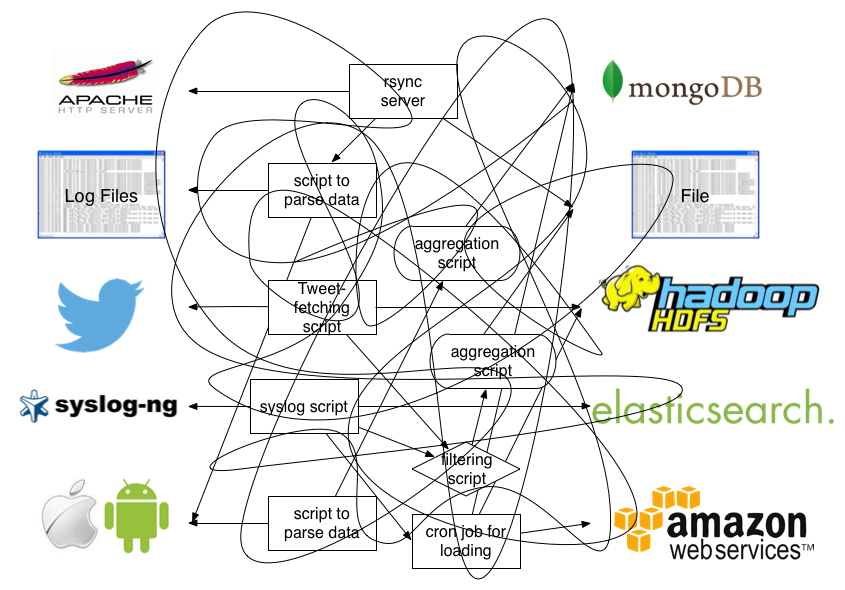
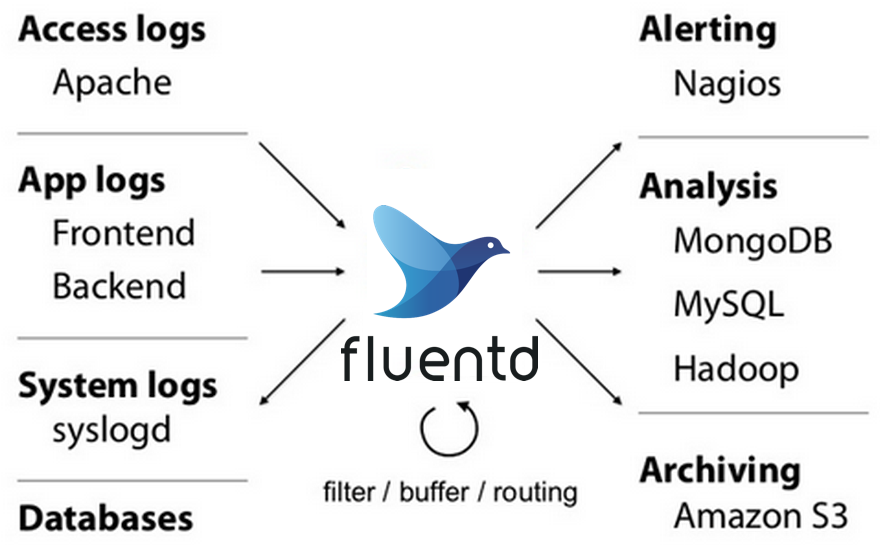
Here're the key features.
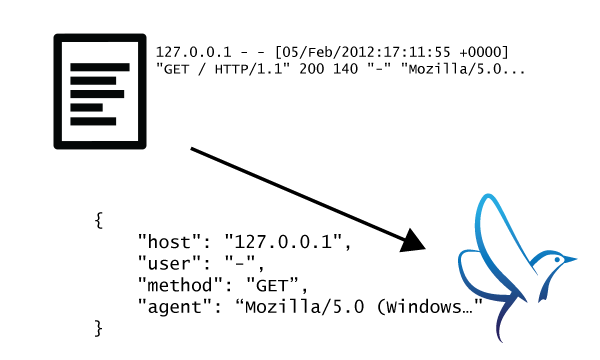
Fluentd tries to structure data as JSON as much as possible: this allows Fluentd to unify all facets of processing log data: collecting, filtering, buffering, and outputting logs across multiple sources and destinations (Unified Logging Layer). The downstream data processing is much easier with JSON, since it has enough structure to be accessible while retaining flexible schemas.
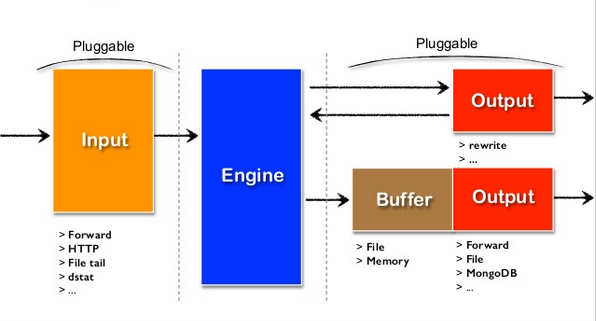
Fluentd has a flexible plugin system that allows the community to extend its functionality. Our 500+ community-contributed plugins connect dozens of data sources and data outputs. By leveraging the plugins, you can start making better use of your logs right away.
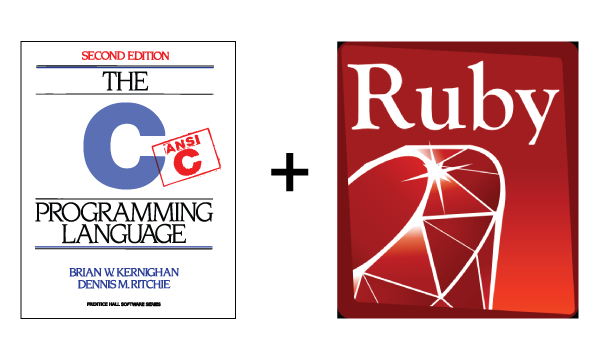
Fluentd is written in a combination of C language and Ruby, and requires very little system resource. The vanilla instance runs on 30-40MB of memory and can process 13,000 events/second/core. If you have tighter memory requirements (-450kb), check out Fluent Bit, the lightweight forwarder for Fluentd.

Fluentd supports memory- and file-based buffering to prevent inter-node data loss. Fluentd also supports robust failover and can be set up for high availability. 2,000+ data-driven companies rely on Fluentd to differentiate their products and services through a better use and understanding of their log data.
Fluentd was conceived by Sadayuki "Sada" Furuhashi in 2011. Sada is a co-founder of Treasure Data, Inc., a primary sponsor of the Fluentd project. Since being open-sourced in October 2011, the Fluentd project has grown dramatically: dozens of contributors, hundreds of community-contributed plugins, thousands of users, and trillions of events collected, filtered and stored. Fluentd was accepted to Cloud Native Computing Foundation on November 8, 2016 and is at the Graduated project maturity level on 2019. And its development is maintained with the community.
Want to learn the basics of Fluentd? Check out these pages.
Couldn't find enough information? Let's ask the community!
You need commercial-grade support from Fluentd committers and experts?
©2010-2026 Fluentd Project. ALL Rights Reserved.
Fluentd is a hosted project under the Cloud Native Computing Foundation (CNCF). All components are available under the Apache 2 License.
The Linux Foundation has registered trademarks and uses trademarks. For a list of trademarks of The Linux Foundation, please see our Trademark Usage page.